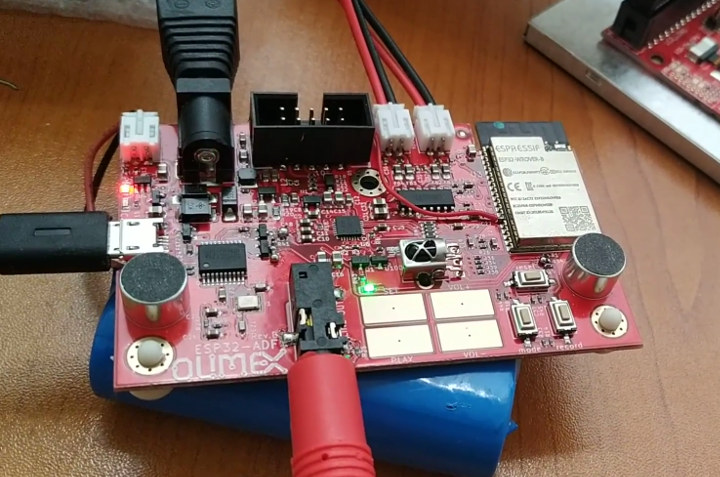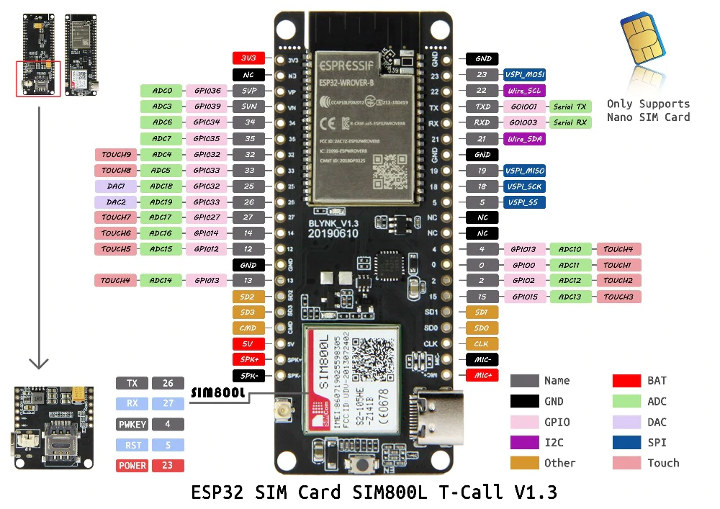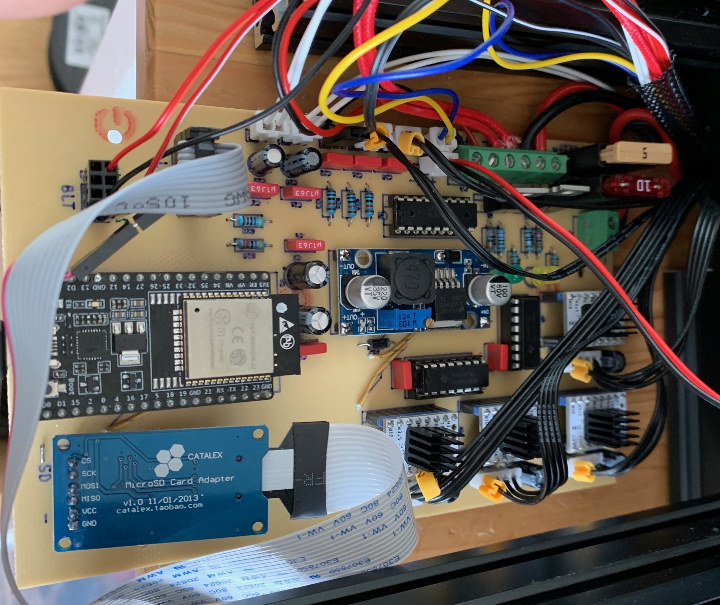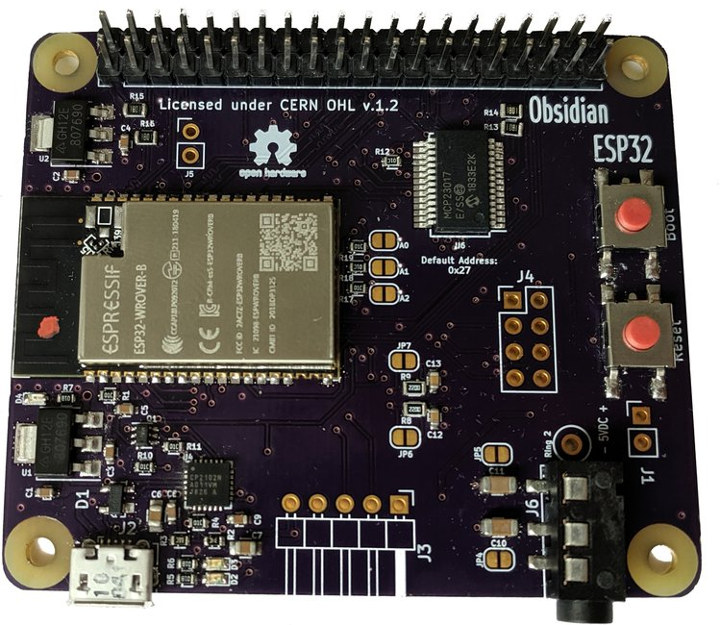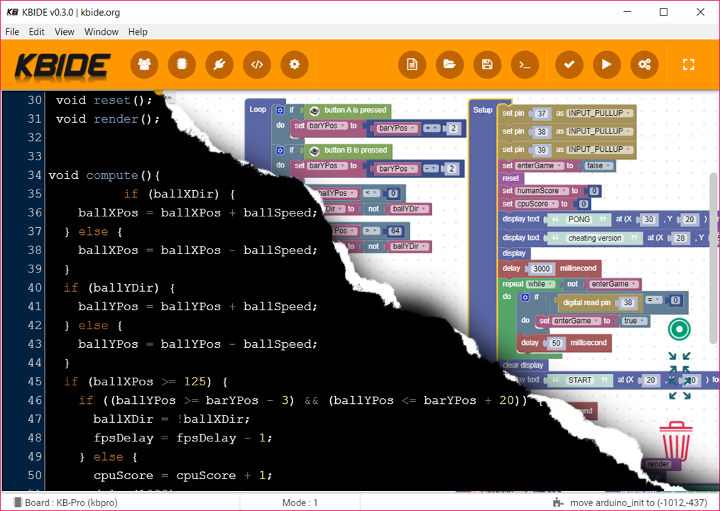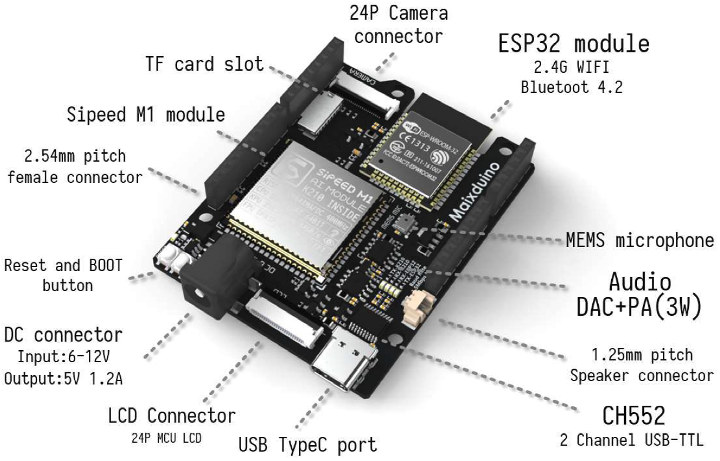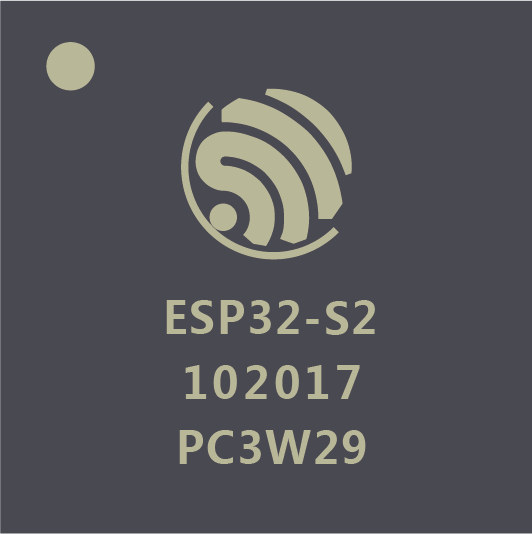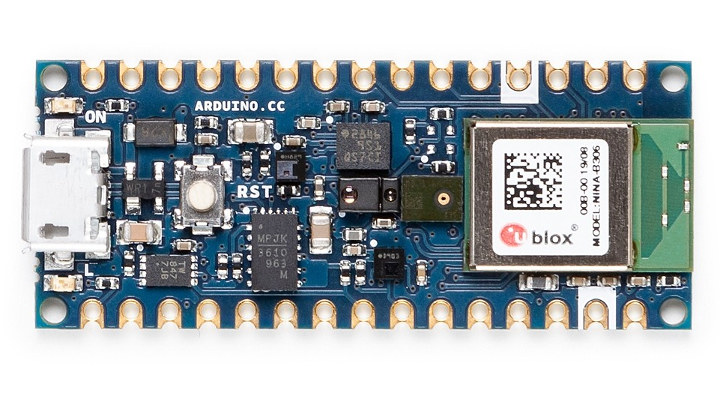We’ve already covered several (smart) audio boards based on ESP32 WiSoC, including the Espressif’s own ESP32-LyraTD-MSC Audio Mic HDK, as well as third party boards such as TTGO TAudio or Seeed Studio ESP32-A1S all compatible with the company’s ESP-ADF (Audio Development Framework) compatible with Baidu DuerOS, Google Assistant and Amazon Alexa. Olimex ESP32-ADF adds another ESP32 audio option, and AFAIK the first one that is open source hardware, with two speakers, and a dual-microphone that enable projects such as Alexa smart speaker, internet radio receiver, or SiP VoIP phone. Olimex ESP32-ADF specifications: Wireless Module – ESP32-WROVER-B with 8MB PSRAM, 4MB Flash, WiFi 4 and Bluetooth 4.2 LE Audio Stereo microphones Stereo 2x3W speakers with amplifier Audio output jack Display – UEXT connector for optional 2.8″ LCD display USB – 1x micro USB port for power supply and programming Misc – IR receiver, 4x touch buttons, 3x tactile buttons Build-in programmer […]
$15 TTGO T-Call Board Combines ESP32 WiFi & Bluetooth SoC with SIM800 GPRS Module
LilyGo has launched several TTGO boards usually based on Espressif ESP8266 or ESP32 over the years. Here’s another that could be useful if 2G cellular networks have not sunset in your country: TTGO T-Call. The new board combines ESP32 WiFi & Bluetooth WiSoC with SIMCom SIM800L GPRS module, and also happens to rely on a USB-C port for power and programming instead of the more common micro USB port on this type of hardware. TTGO T-Call board (BLINK_V1.3) specifications: Wireless Module – ESP32-WROVER-B based on ESP32 dual core Xtensa processor @ 240MHz with 520kB SRAM on-chip, 4MB QSPI flash, 8MB PSRAM Connectivity – WiFi 4 802.11 b/g/n (2.4 GHz) up to 150 Mbps Bluetooth 4.2 Classic + LE Cellular – 2G GSM/GPRS via SIMcom SIM800L module + Nano SIM card slot USB – 1x USB-C for power and programming (via CP2104) Expansion – 2x 21-pin headers with UART, SPI, SDIO, […]
Open Source ESP32 3D Printer Board Supports Marlin 2.0 Firmware
Espressif ESP32 processor was initially designed for cost-sensitive IoT projects thanks to its built-in WiFi & Bluetooth connectivity and low price, but the WiSoC’s fairly powerful two Xtensa cores found other uses such as face detection and audio applications among others. But a few people are now collaborating to bring ESP32 to the world of 3D printers with an open source hardware RepRap 3D printer controller board that has beta support in Marlin 2.0 RC1 firmware. There’s no commercially available ESP32 3D printer controller board right now, so only prototypes from the community are available. There are mainly two version of the boards: R1 and R2 designed by Simon Jouet, and at least one member – Felixstorm – made his own R2 board from the MIT licensed KiCad based design. R2 is a better design leveraging ESP32’s I2S interface to have more output pins and improve stepping. Felixstorm connected the […]
Obsidian ESP32 Board Follows Raspberry Pi Model A Form Factor (Crowdfunding)
When Thomas McKahan had been playing with ESP32 for a while, he found the need to use Raspberry Pi HAT boards and enclosure with his new hardware, so he went ahead and designed his own ESP32 board compatible with Raspberry Pi accessories, and following the smaller Raspberry Pi Model A / 3 Model A+ form factor. Obsidian ESP32 specifications: Wireless module – Espressif Systems ESP32-WROVER-B 802.11 b/g/n WiFi + Bluetooth 4.2 / BLE module with 16 MB flash, 8 MB PSRAM USB – 1x micro USB port for power and programming Audio – 3.5mm TRS audio jack connected to ESP32 DACs Expansion 40-pin GPIO header compatible with popular HAT expansion boards with 3.3 V signalling, I²S for audio DAC, I²C and SPI, Serial UART available on header or via microUSB, I²C GPIO expander with interrupts & address selection 8-pim unpopulated header from remaining I/Os accessible through GPIO expander 5-pin unpopulated […]
KB-IDE Open Source IDE Supports ESP-IDF, Arduino, and Visual Programming for ESP32 Boards
We’ve previously written about MakerAsia when covering their KBX Extension case for Kidbright ESP32 educational board. The company has now launched a new product, but it’s not an hardware platform, and instead KB-IDE is an open IDE (Integrated Development Environment) ESP32 boards. The IDE is suitable whatever your level from kids getting started with supports visual programming, to Arduino programming, and even the official Espressif ESP-IDF framework for more experienced makers. The IDE comes with with a Board Manager, a Plugins System and works with any Arduino Library out of the box. Made with Vue.js framework, KB-IDE is open source with the code available on Github. You can install a binary release, or build it from source for Windows, Linux, or Mac OS. Since it’s open source, it’s also expandable so makers can customize it, for instance by adding new architectures (AVR and ARM are already planned), new boards, creating […]
Maixduino SBC Combines RISC-V AI, Arduino Form Factor, and ESP32 Wireless Module
Last year RISC-V cores made it into low-cost hardware with neural network and audio accelerator to speed up artificial intelligence workloads at the edge such as object recognition, and speech processing. More precisely, Kendryte K210 dual-core RISC-V processor was found in Sipeed MAIX modules and boards going for $5 and up. Since then a few other variants and kits have been made available including Seeed Studio Grove AI HAT that works connected to a Raspberry Pi or in standalone mode. Seeed Studio has now released another board with Kendryte K210 RISC-V AI processor, but based on Arduino UNO form factor and equipped with an ESP32 module for WiFi and Bluetooth connectivity. Meet Sipeed Maixduino SBC. Sipeed Maixduino specifications: AI Module – Sipeed M1 with Kendryte K210 dual-core RISC-V processor @ 600 MHz, KPU Convolutional Neural Network (CNN) hardware accelerator, APU audio hardware accelerator, 8 MB general purpose SRAM including 5.9MB […]
Espressif ESP32-S2 Secure WiFi MCU Comes with an Xtensa LX7 Core @ 240 MHz
Espressif Systems has unveiled a new ESP32 WiFi MCU based on Cadence (previously Tensilica) Xtensa LX7 core instead of the usual Xtensa LX6 core(s). ESP32-S2 is powered by a single Xtensa LX7 core clocked at 240 MHz, supports Wi-Fi HT40 @ 2.4 GHz, and provides up to 43 GPIOs. Espressif ESP32-S2 specifications: CPU – Cadence Xtensa single-core 32-bit LX7 microcontroller @ up to 240 MHz, and ultra-low-power co-processor System Memory – 320 kB SRAM, external SPIRAM support up to 128 MB in total, 16 KB RTC memory Storage – 128 kB ROM, up to 1 GB of external flash support Connectivity Wi-Fi 802.11 b/g/n 1×1 transmit and receive with HT40 support with data rate up to 150 Mbps Support for TCP/IP networking, ESP-MESH networking, TLS 1.0, 1.1 and 1.2 and other networking protocols over Wi-Fi Support Time-of-Flight (TOF) measurements with normal Wi-Fi packets I/O & peripherals 43x programmable GPIOs 14x […]
Arduino Introduces Four New Nano Boards with WiFi, BLE, Sensors, and/or HW Crypto
The Maker Faire 2019 is now taking place in San Mateo, California, United States, and Arduino has made an habit of announcing new products during the events. This year is no different as the company has announced a new Nano Family with four boards: Arduino Nano Every powered by a Microchip ATMega4809 AVR microcontroller Arduino Nano 33 IoT with secure internet connectivity thanks to a U-blox ESP32 WiFi module and ATECC608A HW crypto chip Arduino Nano 33 BLE with Bluetooth connectivity via U-blox NINA B306 module based on Nordic Semi nRF52840 Bluetooth 5.0 chip Arduino Nano 33 BLE Sense with a design similar to Nano 33 BLE but some extra on-board sensors. Arduino Nano Every Specifications: MCU – Microchip ATMega4809 AVR microcontroller @ 20 MHz with 48KB flash, 6KB SRAM, 256 Bytes EEPROM USB to Serial via Microchip ATSAMD11D14A Arm Cortex-M0+ USB MCU 2x 15-pin expansion headers with GPIO, SPI, […]


